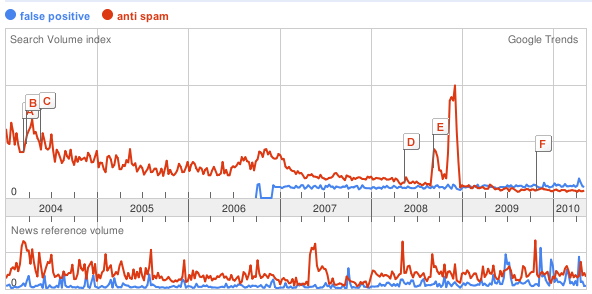This is the first in a series of posts about my meeting with Ken Bisconti, the VP of IBM Lotus Software. Ken spoke with me at the Lotusphere Comes to You – Boston event last week.
Hosting
In research that I had conducted at another firm in the fall of 2006, it was surprising to me how strong the demand for hosted enterprise applications and services really is. My experiences with phone company-based centrex services colored to a large extent my laggard view of the technology and its prospects. Yet, in the face of the data, I am forced to revisit the space and am compelled to understand the dynamics of this rapidly changing space.
My question to Ken was around IBM's hosting strategy? Is there a plan to respond to the hosting opportunity?
IBM is the leader in outsourcing services operations, has an impressive managed services capability, but no hosting (Ken called it a multi-tenant service) offer. With Microsoft positioning its' consumer and business hosted services and offerings, with Cisco acquiring Webex, IBM must be planning to play a role in this rapidly emerging market?
Ken explained that IBM will fill this gaps in their strategy soon, probably in 2007. We discussed the hypothesis that hosting is to address small business. I didn't disagree, except to point out that there are large enterprise benefits to implementing a uniform architecture where some sites or classes of employees are hosted, and some are more traditionally supported directly by IT. In these circumstances, the role of the IBM hosted offering would be to simplify that decision in favor of IBM products and services, instead of a split technology decision (which could tilt the playing field to the other guys who have a complete hosted and purchased offer).
We didn't go into details on whether this might be an acquisition or strategic alliance, but it is clear that a hosted offering can be a complement to filling the need for a uniform architecture across an enterprise. This would involve a lower price and cost than the managed service offering, because it is a standardized shared but private service.









